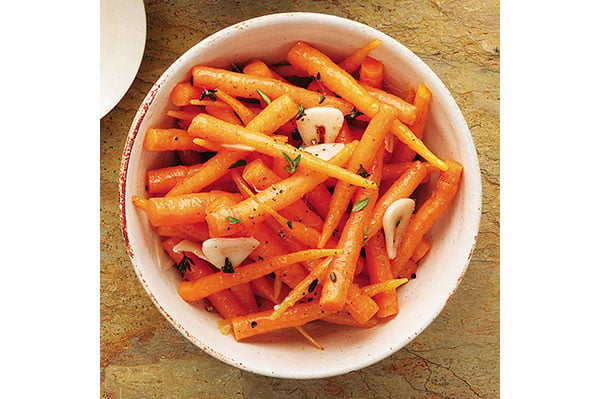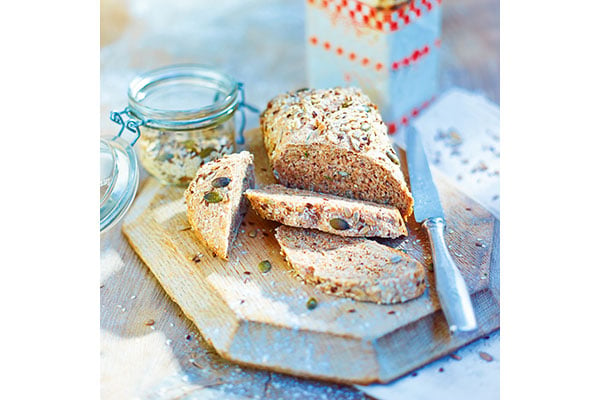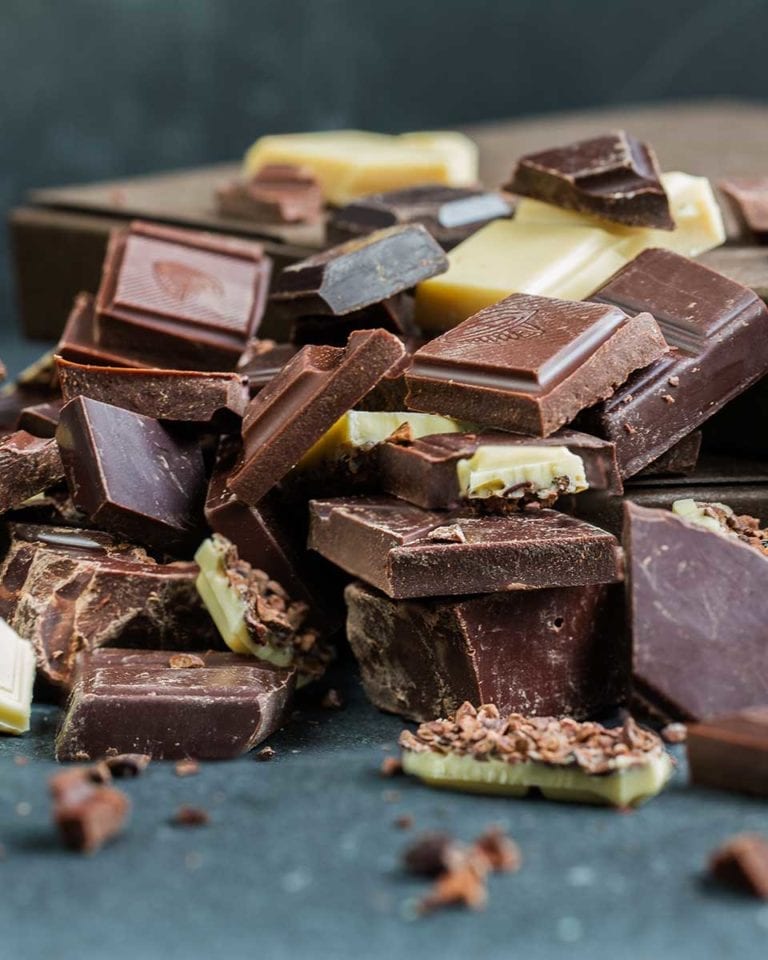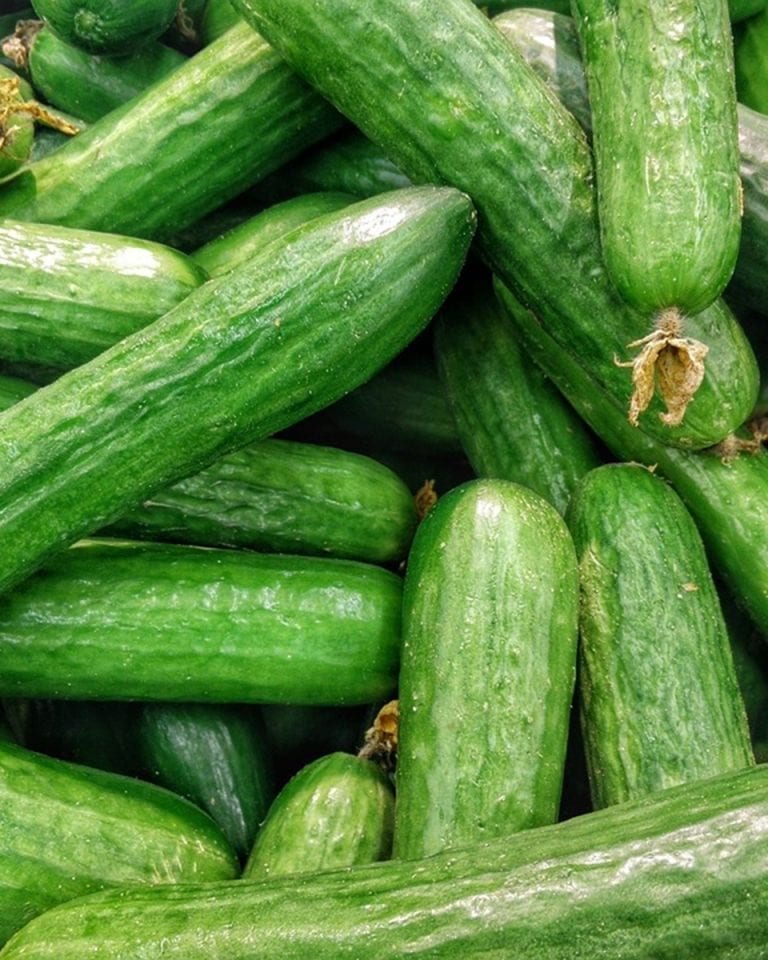Are you getting enough vitamins?
Vitamins are essential to our health, but how much of each one do we need? And what about minerals?
Nutritionist Juliette Kellow demonstrates how you can meet your daily requirements through what you eat, starting with vitamin A.

Vitamin A
- Why is vitamin A important? Essential for healthy skin, hair and eyes, and children’s growth. Helps fight infection. Beta-carotene (used to make vitamin A) may prevent cancer and heart disease.
- Good food sources: There are two forms: retinol, found in milk, cheese, butter, egg yolks, liver and oily fish, such a mackerel; and beta-carotene, found in dark green vegetables and yellow, orange and red fruits and vegetables such as red peppers, kale, sweet potatoes, carrots,
- How much do you need?* 700mcg a day for men; 600mcg a day for women.
- Ways to get enough each day: Eat just 60g steamed carrots or 1 tomato and 25g cheddar cheese.
- Watch out for: An excess of vitamin A supplements can damage the liver, bones and eyes. Women who are pregnant (or want to be) should avoid vitamin A supplements and foods such as liver and liver pâté
Vitamin B1 (Thiamin)
- Why is vitamin B1 important? Releases energy from fats, proteins and carbs, keeps the heart healthy, and is essential for the nervous system, fertility and children’s growth.
- Good food sources: Whole grains (especially bread), oats and brown rice. Also in dairy products, yeast extract (such as Marmite), pulses, nuts, seeds, red meat and offal.
- How much do you need?* 1mg a day for men; 0.8mg a day for women.
- Ways to get enough each day: Serve 1 grilled lean pork chop for dinner or snack on 60g sunflower seeds throughout the day.
- Watch out for: Vitamin B1 is easily destroyed as food is prepared and cooked, so handle food as little as possible, cook quickly and serve with garlic or onions (their allinin increases absorption of vitamin B1).

Vitamin B2 (Riboflavin)
- Why is vitamin B2 important? Releases energy from carbs, fats and proteins, is necessary for growth and is needed for healthy eyes, skin, hair and nails.
- Good food sources: Milk, cheese, yogurt, eggs, meat and offal are the best sources but fortified breakfast cereals, almonds, yeast extract and green leafy vegetables, such a spinach also contain some.
- How much do you need?* 1.3mg a day for men; 1.1mg a day for women.
- Ways to get enough each day: Drink 300ml semi-skimmed milk, have 1 small grilled rump steak or snack on 50g almonds.
- Watch out for: Alcohol reduces the absorption of vitamin B2 from the digestive tract – another good reason to limit the amount you drink.
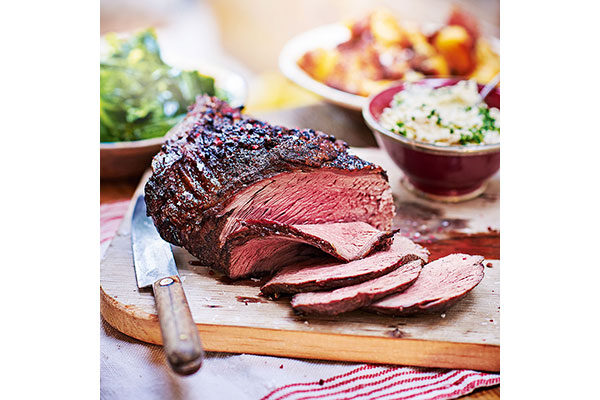
Vitamin B3 (Niacin)
- Why is vitamin B3 important? Releases energy from carbs, fats and proteins and helps to control blood sugar levels. Keeps the skin healthy and maintains the nervous and digestive system.
- Good food sources: Good sources of protein, such as red meat, poultry, fish and nuts. Potatoes, pasta and yeast extract also contain some. Bread and breakfast cereals are fortified with niacin.
- How much do you need?* 17mg a day for men; 13mg a day for women.
- Ways to get enough each day: Eat 1 grilled skinless chicken breast or 100g canned tuna in spring water.
- Watch out for: The body is able to make niacin from an amino acid (a protein building block) called tryptophan. So foods rich in tryptophan – such as eggs, milk, cheese and yogurt – contribute to your niacin intake.
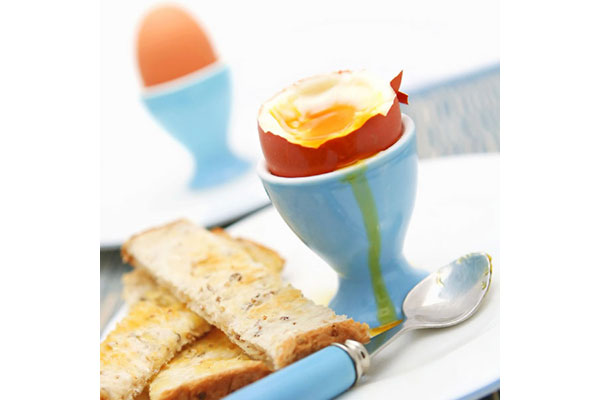
Vitamin B6 (Pyridoxine)
- Why is vitamin B6 important? Involved in the metabolism of protein. Forms red blood cells, antibodies and certain brain chemicals. Can offer relief from the symptoms of PMS.
- Good food sources: Found in many foods, including fish, offal, pork, eggs, yeast extract, brown rice, soya beans, such as edamame, oats, wholegrains, peanuts, walnuts, avocados and bananas.
- How much do you need?* 1.4mg a day for men; 1.2mg a day for women.
- Ways to get enough each day: Eat 1 large salmon steak for dinner and a banana. Or have 40g Fruit ‘n’ Fibre cereal, 30g walnuts and 3 slices lean roast pork.
- Watch out for: If you want to take a supplement to ease PMS symptoms, make sure it contains less than 10mg vitamin B6 – very high doses are linked with nerve damage.
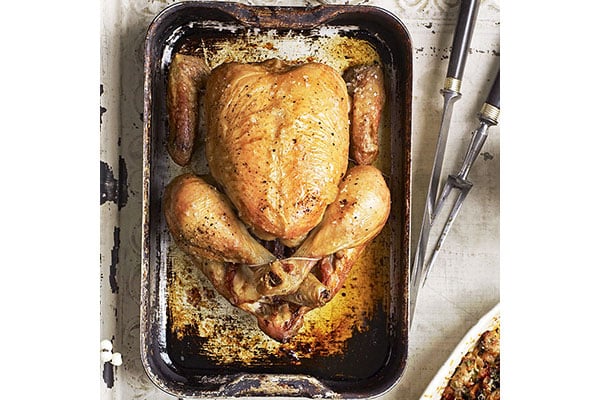
Vitamin B12 (Cobalamin)
- Why is vitamin B12 important? Needed for red blood cells and essential for normal nerve function, growth and the production of energy.
- Good food sources: Found naturally in meat, fish, chicken, eggs, milk, cheese and yogurt. Fortified breakfast cereals have this vitamin added.
- How much do you need?* 1.5mcg a day for both men and women.
- Ways to get enough each day: Eat 1 scrambled egg for breakfast or serve roast lamb for Sunday lunch.
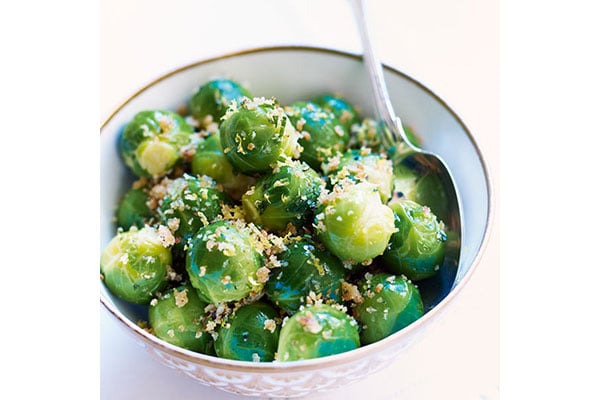
Folate (Folic acid)
- Why is folic acid important? B vitamin needed for making red blood cells and for the growth of cells. Works with vitamin B12 to help the nervous system and may prevent birth defects.
- Good food sources: Dark green leafy vegetables (especially sprouts and spinach), green beans, peas, oranges, fortified breakfast cereals and bread, yeast extract, nuts and pulses.
- How much do you need?* 200mcg a day for both men and women.
- Ways to get enough each day: Eat bran flakes for breakfast, serve dinner with sprouts and snack on 1 orange.
- Watch out for: The Department Of Health says women trying for a baby and those in the first 12 weeks of pregnancy should take a 400mcg supplement of folic acid daily and eat folate-rich foods to stop neural tube defects.
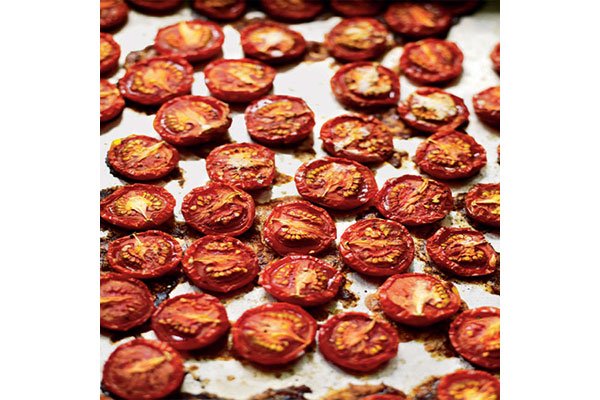
Vitamin C (Ascorbic acid)
- Why is vitamin C important? Important for skin, bones, cartilage and teeth. Helps iron absorption and is a powerful antioxidant, so may help prevent heart disease and cancer.
- Good food sources: Blackcurrants, berries, green leafy vegetables (such as sprouts, cabbage, spinach and broccoli), tomatoes, peppers, kiwi fruit, citrus fruits and their juices.
- How much do you need?* 40mg a day for both men and women.
- Ways to get enough each day: Add just ½ red pepper to a salad or eat 5 strawberries.
- Watch out for: Vitamin C can’t be stored in the body, so eat foods rich in it every day. It is easily destroyed, so steam rather than boil vegetables. Frozen vegetables often have more vitamin C than fresh ones.
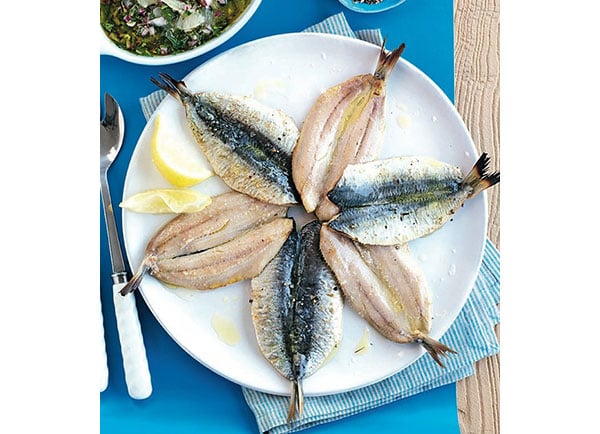
Vitamin D
- Why is vitamin D important? Needed – with calcium and phosphorus – for strong bones and teeth. Absorbs calcium from the intestine, so can help prevent osteoporosis in later life.
- Good food sources: Oily fish such as mackerel and sardines, eggs, and liver.
- How much do you need?* No recommended intake for young adults. 10mcg a day for men and women over 65.
- Ways to get enough each day: Serve 1 smoked mackerel with salad as a light meal or eat 1 small herring fillet.
- Watch out for: The main source of vitamin D is sunlight. Just two hours of sunshine each week during summer will maintain adequate levels throughout the year, as this vitamin is stored in the body.
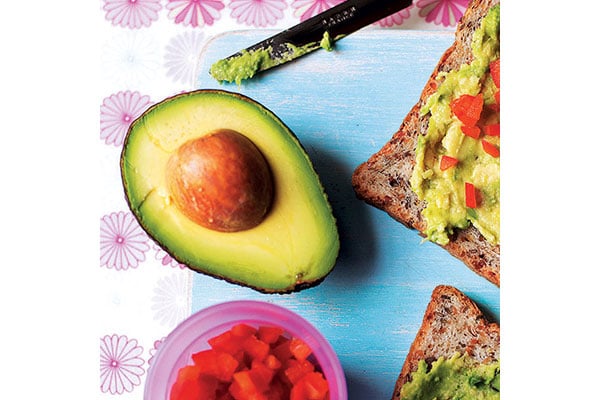
Vitamin E
- Why is vitamin E important? A powerful antioxidant that may prevent cancer and heart disease. Helps wounds to heal without scarring. Needed for red blood cells and nerves.
- Good food sources: Found in foods that are high in fat, such as olive oils, tofu, avocados, nuts and seeds. Green leafy vegetables, eggs and wholegrains also contain some.
- How much do you need?* 4mg a day for men; 3mg a day for women.
- Ways to get enough each day: Snack on 25g sunflower seeds or eat 1 medium-size avocado.
- Watch out for: Even if you’re following a low-fat diet, include some rich sources of vitamin E, such as sunflower oil, nuts and wholegrains.
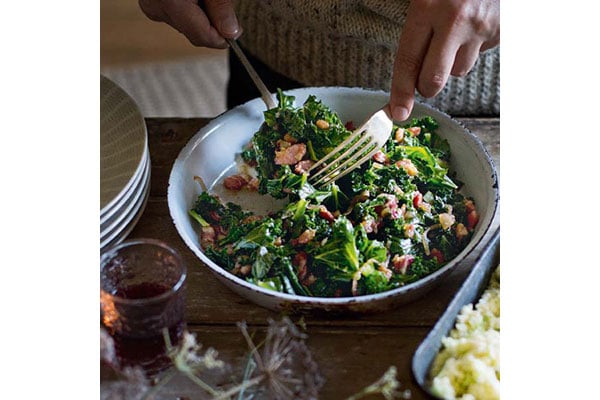
Vitamin K
- Why is vitamin K important? Helps the blood to clot after a cut or injury.
- Good food sources: About half of the vitamin K we get is made in the large intestine by bacteria, but it’s also in green leafy vegetables, liver, milk, vegetable oils, wholegrains, oats and meat.
- How much do you need?* 1mcg per kg of body weight for both men and women.
- Ways to get enough each day: Serve steamed broccoli or sprouts with your evening meal.
- Watch out for: Antibiotics can kill gut bacteria so, if you’re taking them, include probiotic drinks and yogurts in your diet. These help boost your level of gut bacteria, ensuring your body makes enough vitamin K.
* mg = milligrams; mcg = micrograms; 1,000mcg = 1mg; 1,000mg = 1g
Subscribe to our magazine
Food stories, skills and tested recipes, straight to your door... Enjoy 5 issues for just £5 with our special introductory offer.
Subscribe
Unleash your inner chef
Looking for inspiration? Receive the latest recipes with our newsletter
